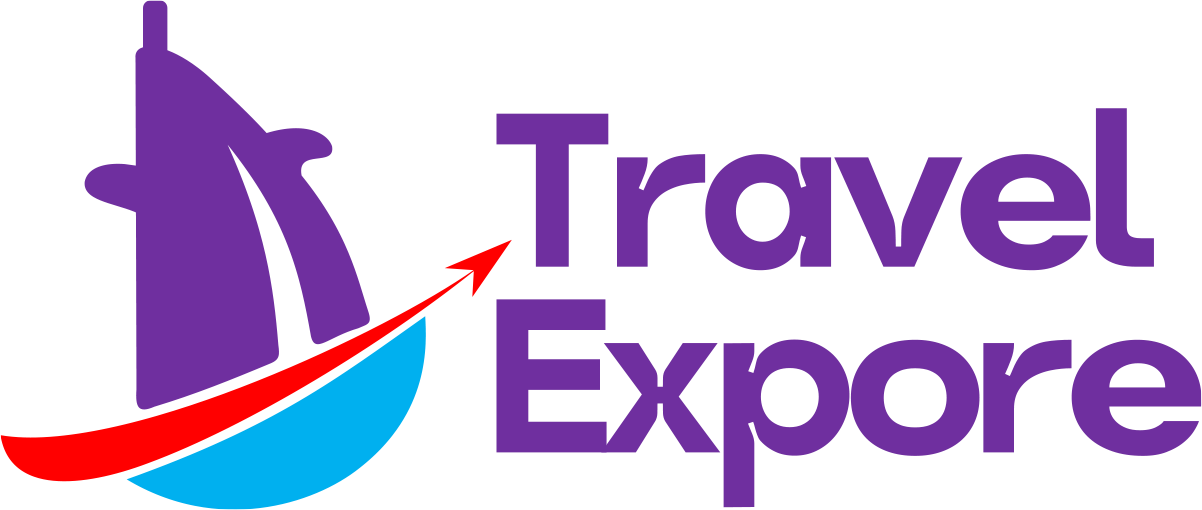New travel regulations are in effect for passport holders of the Central African Republic (CAR) traveling through Spain. As of August 16, 2024, these individuals require a transit visa to pass through Spanish airports without entering Spanish territory.
Why the Change?
Spanish authorities implemented this measure in response to concerns that CAR nationals were using airport transit areas to gain irregular entry into Spain and subsequently apply for asylum. This follows similar actions taken earlier in 2024 regarding travelers from Sudan, Chad, Kenya, and Senegal.
What is a Transit Visa?
A transit visa allows travelers to pass through a specific country’s airport without entering the main territory. In this case, a transit visa for Spain would permit travelers to switch planes at a Spanish airport during their journey.
Obtaining a Spanish Transit Visa
To obtain a Spanish transit visa, Central African Republic citizens must submit the necessary documentation to the Spanish consulate or embassy located in their home country.
Criticisms of the New Rule
The Spanish Commission for Refugee Aid (CEAR) has expressed disapproval of the new regulation. CEAR argues that this policy further restricts access to international protection for individuals fleeing conflict zones. The organization emphasizes that the Central African Republic population is currently grappling with a severe humanitarian crisis. CEAR contends that such measures prioritize immigration control over human rights considerations.
Frontex Data on Irregular Migration
Data compiled by Frontex, the European Border and Coast Guard Agency, reveals that between January and June 2024, there were only 16 instances of irregular entry into EU territory by individuals originating from the Central African Republic. These entries primarily occurred along the Central Mediterranean route.
Beyond Central Africa: Other Countries Requiring Spanish Transit Visas
Nationals from several other African and Asian countries already require transit visas to pass through Spanish airports. This list includes:
- Eritrea
- Ethiopia
- Ghana
- Nigeria
- Democratic Republic of the Congo
- Somalia
- Afghanistan
- Bangladesh
- Iran
- Iraq
- Pakistan
- Sri Lanka
- Burkina Faso
- Cameroon
- Chad
- Ivory Coast
- Djibouti
- Gambia
- Guinea
- Guinea-Bissau
- Kenya
- Liberia
- Mali
- Republic of the Congo
- Senegal
- Sierra Leone
- Sudan
- Togo
- Cuba
- Haiti
- India
- Syria
- Tajikistan
- Turkey
- Uzbekistan
- Yemen
- Palestine
Staying Informed for Smooth Travel
Staying updated on travel regulations is crucial for seamless airport transits. If you are unsure whether you require a Spanish transit visa, consult with the nearest Spanish embassy or consulate for clarification. By understanding these new travel requirements, you can ensure a smooth and stress-free travel experience.





